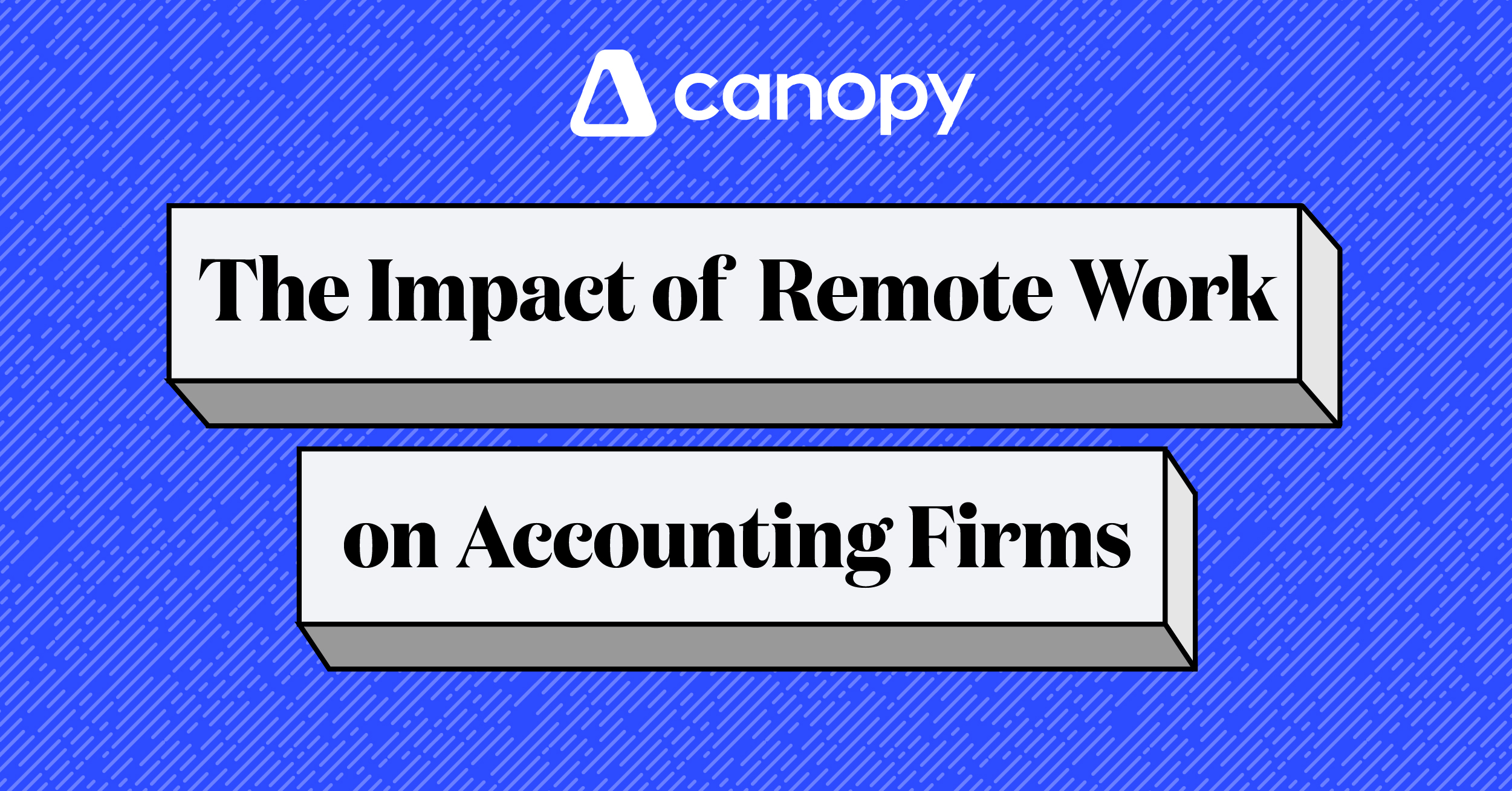The emergence of the remote work phenomena, accelerated by the COVID-19 pandemic, has reshaped and revolutionized various industries, including accounting. This profound shift has brought about significant changes in work dynamics and operational methodologies within accounting practices.
A recent Gartner CFO Survey indicates that 74% of companies intend to permanently shift some employees to remote work post-COVID-19. This has resulted in a more flexible work environment for accountants who can perform their duties remotely, reducing commuting costs and increasing work-life balance. However, the impact of remote work on accounting practices goes beyond these apparent benefits.
Accountants now rely on cloud-based software, face cybersecurity challenges, and utilize virtual communication tools. Despite the challenges, embracing remote work offers flexibility, cost reduction, and job satisfaction. Adapting to this new landscape is crucial for accountants to thrive in unprecedented challenges.
Enhanced Use of Technology
With a shift towards remote work, accountants rely more on technology to perform their tasks. This has accelerated the adoption of cloud-based accounting software and tools, allowing for real-time financial data management and virtual client collaboration. With access to accurate and up-to-date financial information, accountants can provide timely insights and advisory services, improving overall efficiency and client satisfaction. Embracing technology has become crucial to modern accounting practices, empowering accountants to work seamlessly in remote setups.
However, this transition is challenging. Security, a pivotal concern in accounting, is now more critical than ever. According to a report by Cybersecurity Ventures, cybercrime is expected to cause $6 trillion in damages globally by 2021. This necessitates implementing robust security measures for accounting firms to protect sensitive financial data. Additionally, remote work has increased the risk of cyber threats due to using personal devices and networks.
Embracing Virtual Communication
There’s no debate that how we communicate at work has changed dramatically over the past few years, but these changes might not be bad. According to a survey with Mental Health America, virtual communication has led to improved mental health, better work-life balance, increased productivity, and more efficient collaboration. Communication is a fundamental aspect of accounting practices, whether with clients or your team members in the firm.
With remote work becoming popular, accountants rely more on virtual communication tools such as video conferencing and messaging platforms to interact with colleagues and clients. This has improved efficiency and reduced costs associated with in-person meetings.
On the flip side, this new medium of communication has also led to challenges in maintaining a clear line of communication and establishing trust with clients who may prefer face-to-face interactions. To overcome this challenge, accountants must focus on delivering high-quality customer service and utilizing the right communication tools to ensure that all conversations remain professional yet friendly.
Change in Work Culture
The traditional office setting has always been central to the work culture in accounting practices. With the rise of remote work, this is gradually changing. Remote work allows for greater autonomy and work-life balance, increasing job satisfaction. This shift in work culture has also changed the recruitment process, with companies now considering remote candidates from a broader talent pool.
The impact of remote work on accounting practices goes beyond the surface-level benefits of flexibility and cost reduction. It is reshaping processes, technology adoption, and communication methods. The advent of remote work has undeniably reshaped and redefined the landscape of accounting practices. Flexibility and security have emerged as pivotal pillars in the new normal. Accountants who embrace this brave new world and adapt to evolving demands will survive and thrive in the face of unprecedented challenges.

Chris is a content manager for Canopy, joining the team with a combined eight years of experience as a copywriter, editor-in-chief, and content marketer. He's a skilled wordsmith and strategic thinker who shapes brand identity through compelling content and fosters a collaborative and innovative environment. With a passion for storytelling and a dedication to excellence, he is a driving force behind any company's success in content marketing. Champion of the Oxford comma.
READ MORE BY Chris






Get Our Latest Updates and News by Subscribing.
Join our email list for offers, and industry leading articles and content.